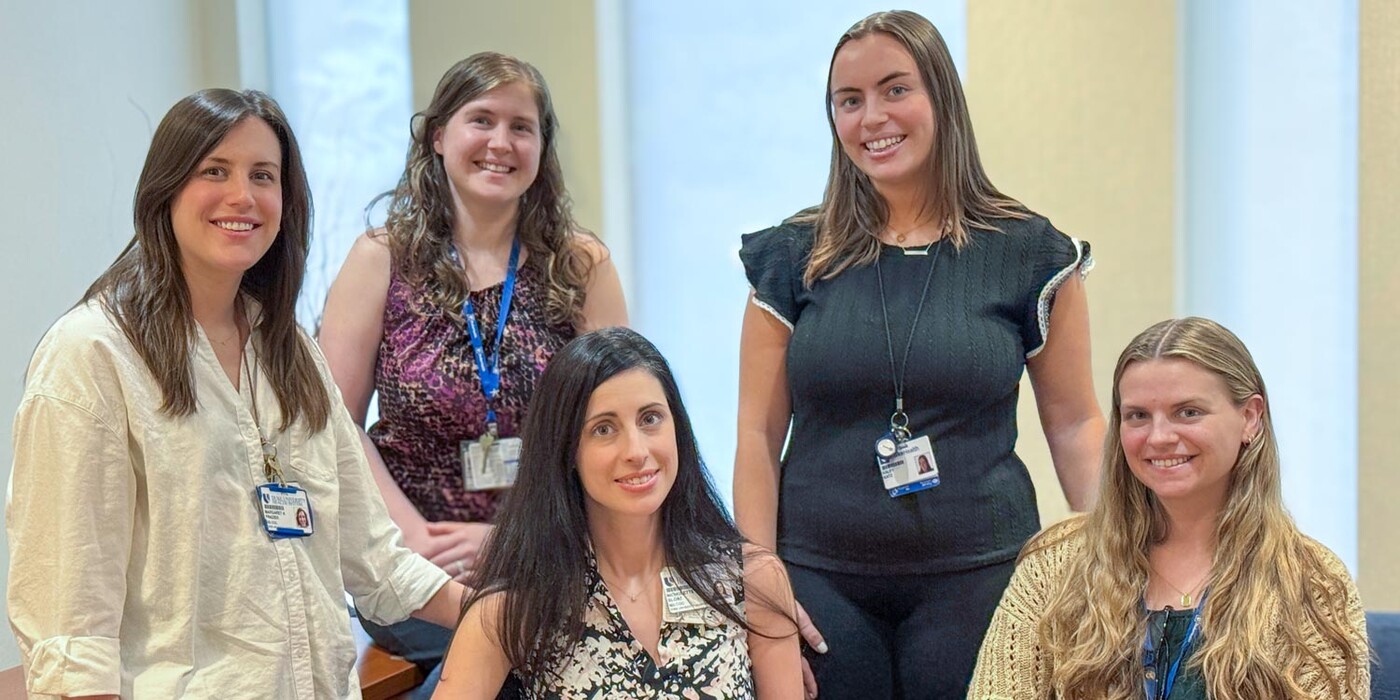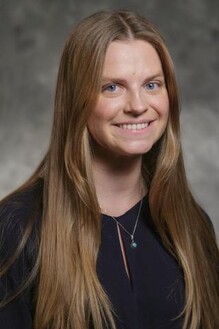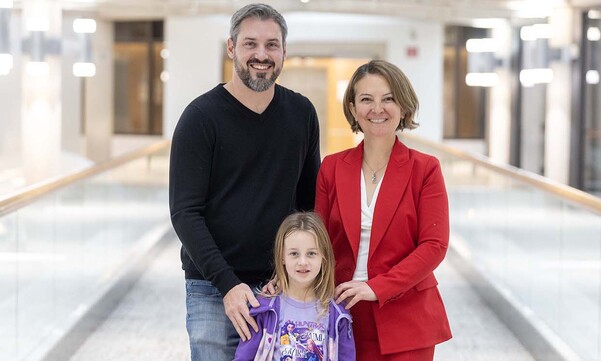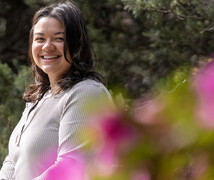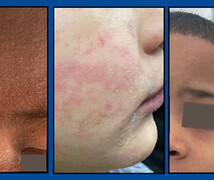Gail Gunter no dudó en decir que sí cuando su cirujano oncólogo le recomendó que se sometiera a pruebas genéticas. Las pruebas, realizadas por el Programa de Genética del Cáncer de Duke Cancer Institute, informarían a la paciente y a su especialista en oncología quirúrgica, el Dr. Randall Scheri, sobre su riesgo de desarrollar cánceres en el futuro y si una mutación genética había causado cáncer de tiroides.
Dado que algunas mutaciones pueden ser familiares, los resultados de la prueba también podrían beneficiar a sus cinco hermanos. Las Pruebas en Cascada buscan la misma mutación en parientes cercanos. Encontrar la mutación ayuda a detectar el cáncer de manera temprana y aumenta la probabilidad de supervivencia.
Hablar con la Familia sobre las Pruebas Genéticas
Decir a la familia que tiene una mutación genética que causa cáncer y que deberían hacerse la prueba no siempre es fácil", dijo Jennifer Halleck, MS, CGC, una de cinco médicos de asesoría genética a tiempo completo en Duke. Su trabajo consiste en ayudar a las personas a comprender la prueba y conectarse con un oncólogo.
Por muchas razones, puede resultar abrumador compartir este tipo de información de salud con la familia: relaciones distanciadas, familias numerosas repartidas por todo el país y preocupaciones sobre la privacidad, por mencionar algunas.
Según Halleck, Consejeros genéticos ofrecen varios recursos para iniciar la conversación. Por ejemplo, redactarán una carta personalizada para miembros de su familia con información sobre genética y el riesgo asociado de cáncer. Los Detalles describen los beneficios de las pruebas, así como cómo y dónde hacerse la prueba. Los posibles sitios de prueba incluyen Duke, fuera del estado y en casa mediante un kit de prueba por correo.
Tres de los hermanos de Gunter han sido diagnosticados con cáncer.
Gunter sabía que la mayoría de sus hermanos seguirían su empujón para hacerse la prueba. Soy la quinta en nuestra alineación de hermanos, pero me llaman la jefa", dijo. Siempre compartimos información importante sobre salud. Somos cercanos porque crecimos trabajando en una granja de tabaco en el condado de Vance.
Dijo que las cartas de Jennifer Halleck ayudaron. Esta es información muy complicada, y me alegra no tener que explicárselo todo.
Dos de sus hermanas y un hermano dieron positivo por la mutación y fueron diagnosticados con cáncer. Hace poco, a las hermanas les quitaron las glándulas tiroides.
Presentaban los mismos síntomas que yo: fatiga y cambios de humor. Pero no sabían que el cáncer estaba causando eso”, dijo Gunter. Ahora Todos se sienten mucho mejor. Mi hermano se someterá a su cirugía pronto", dijo.
